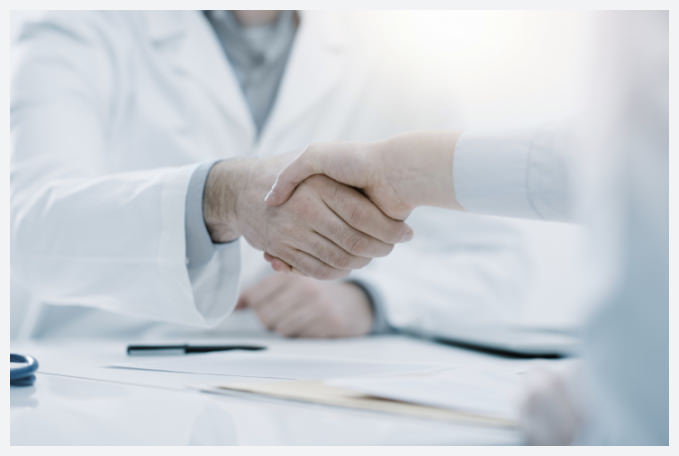Colonoscopy
What is a colonoscopy?
A colonoscopy enables your doctor to examine the lining of your colon (large intestine) for abnormalities by inserting a flexible tube with a camera lens and slowly advancing it through the colon. If your doctor has recommended a colonoscopy, the information below will give you a basic understanding of the procedure – how it is performed, how it can help and what side effects you might experience. It can’t answer all of your questions since much depends on the individual patient. Please ask your doctor about anything you don’t understand.
What preparation is required?
The colon must be completely clean for the procedure to be accurate and complete, so be sure to follow the instructions carefully.
- Two days prior to the procedure, begin a clear liquid diet. Clear liquids include: water, bouillon, fat-free broth, fruit juice, Jello, popsicles, apple juice, grape juice, cranberry juice, ginger ale, 7-Up, black coffee, or tea. Please avoid red liquids. No solid foods.
- The evening prior to your procedure, around 2 p.m., mix the Nulytely (bowel cleanser) with water up to the fill line and refrigerate. At 3 p.m. begin drinking the Nulytely. Continue drinking until watery stools are clear and free from solid matter. Reserve 1/4 of the container to drink 6 hours prior to the procedure.
- Do not drink anything other than Nulytely 6 hours prior to your procedure.
Can I take my current medications?
Most medications can be continued as usual, but some medications can interfere with the preparation or the examination. Inform your doctor about medications you’re taking particularly aspirin products, arthritis medications, anticoagulants (blood thinners), insulin or iron products. Also, be sure to mention allergies you have to medications. Alert your doctor if you require antibiotics prior to dental procedures, because you may need antibiotics before a colonoscopy as well.
What happens during a colonoscopy?
The procedure is well-tolerated and rarely causes much pain.* You might feel pressure, bloating, or cramping during your procedure.* Your provider will give you sedation to help you relax and better tolerate any discomfort.*
You will lie on your side or back while your doctor slowly advances a colonoscope through your large intestine to examine the lining. Your doctor will examine the lining again as he or she slowly withdraws the colonoscope. The procedure itself usually takes 15 to 60 minutes, although you should plan on two to three hours for waiting, preparation and recovery.
What if the colonoscopy shows something abnormal?
Your physician will explain the results to you, although you’ll have to wait for the results of any biopsies performed. If you have been given sedatives during the procedure, someone must drive you home and stay with you. Even if you feel alert after the procedure, your judgment and reflexes could be impaired for the rest of the day.* You might have some cramping or bloating because of the air introduced into the colon during the examination.* This should disappear quickly when you pass gas.* You should be able to eat after the examination, but your doctor might restrict your diet and activities, especially after polypectomy.
What are the possible complications?
Colonoscopy and polypectomy are generally safe when performed by doctors who have been specially trained and are experienced in these procedures. One possible complication is a perforation, or tear, through the bowel wall that could require surgery. Bleeding might occur a the site of a biopsy or polypectomy, but it’s usually minor.* Bleeding can stop on its own or be controlled through the colonoscope; it rarely requires follow-up treatment. Some patients might have a reaction to the sedatives or complications from heart or lung disease.*
Although complications after colonoscopy are uncommon, it’s important to recognize early signs of possible complications. Contact your doctor if you notice severe abdominal pain, fever and chills or rectal bleeding of more than one-half cup. Note that bleeding can occur several days after the procedure.*
Schedule your appointment in central Alaska
To schedule a colonoscopy or discuss the procedure with our experienced staff, request an appointment at our medical practice in Fairbanks. Dr. Nick Sarrimanolis specializes in this procedure and is very knowledgeable on the subject of colon cancer. To get expert care, give us a call at (907) 451-1174 or fill out the request form on our site.
*Individual results may vary; not a guarantee.
